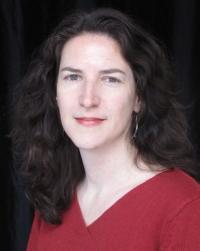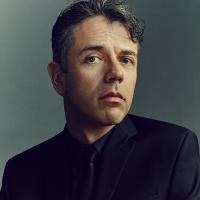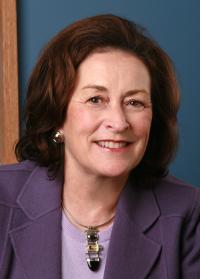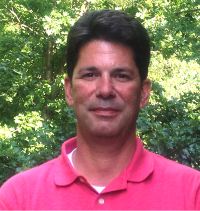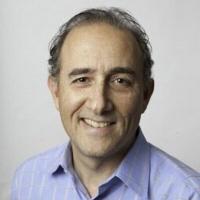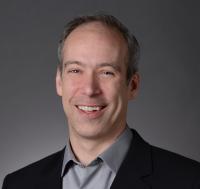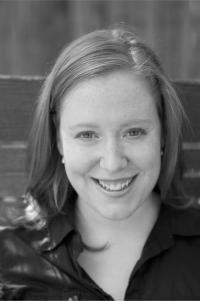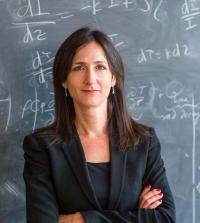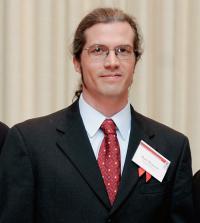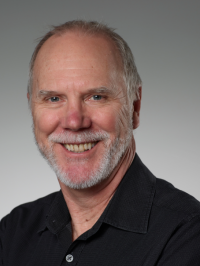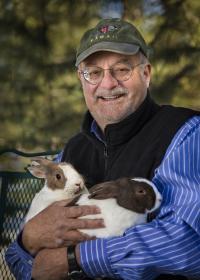April Reese is an associate editor at Discover, where she edits features as well as the magazine’s "Notes from Earth" column. She was previously a staff writer at E&E Publishing’s Greenwire and Land Letter, where she also served as editor in the early 2000s. She has freelanced for various publications over the years, including the Christian Science Monitor, High Country News, atlantic.com and smithsonian.com. She holds a master’s degree in environmental studies from the Yale School of Forestry and Environmental Studies and serves on the board of Scrubland Films, a nonprofit documentary film production company based in Santa Fe, N.M. A long-time Santa Fean, she now lives in Milwaukee, Wisc.
Pitch Guidelines
Discover accepts focused, well-crafted pitches for:
The front-of-book section, “The Crux” (formerly called “Data”): These short, lively stories cover a broad range of all of Discover’s core topics (astronomy, archaeology, environmental science, neuroscience, technology, etc.). The Crux also features photos and infographics that capture timely, bright ideas.
Several columns: “Big Idea” (cutting edge, even radical theories or findings), “Contrarian” (a provocative perspective that questions conventional wisdom on a topic), “Mind Over Matter” (new insights into the behavior sciences, typically written in a reported essay format), “Notes from Earth” (novel developments in the earth and environmental sciences), “History Lessons" (lost or forgotten moments and individuals throughout the history of science), "Origin Story" (archaeology, anthropology and human evolution).
Discover does not accept pitches for the following columns and departments: “Vital Signs,” “Out There,” “20 Things,” and book/media reviews.
The feature well:
We're looking for narrative feature stories in any area of science. Discover feature stories need to involve research that is new, rigorous, and suitable for narrative treatment. Pitches should tell us what is important and new about the science being presented and how you would approach the story narratively. Pitches should also include your ideas for additional content (e.g., sidebars, galleries, multimedia) that can accompany the story on the DiscoverMagazine.com website.
We’re also interested in packaged features that present the story to readers in chunks with strong visuals, including infographics. Substance, freshness and detail remain paramount, but packaged features should be pitched with a greater focus on visual presentation than on a single narrative. When pitching a packaged feature, it’s important for the writer to explain why the story would work in this form, and to include ideas for layout. Pitches should also include your ideas for additional content (e.g., sidebars, galleries, multimedia) that can accompany the story on the DiscoverMagazine.com website.
DiscoverMagazine.com: We accept pitches for blogs and photo galleries. Blogs that are presently using freelancers, for which we'd be open to pitches, are “The Crux” and “D-Brief.” “The Crux” consists of thought-provoking posts that rely on more than just one scientific study to paint a bigger picture of the topic at hand. “D-Brief" is our daily news blog, which covers timely science stories from journals and from news events. Photo gallery pitches should outline a visual concept that could support 6 to 15 slides; pointing to possible visuals is helpful but not necessary.
2a54.jpg?itok=rqxfKeHl)

